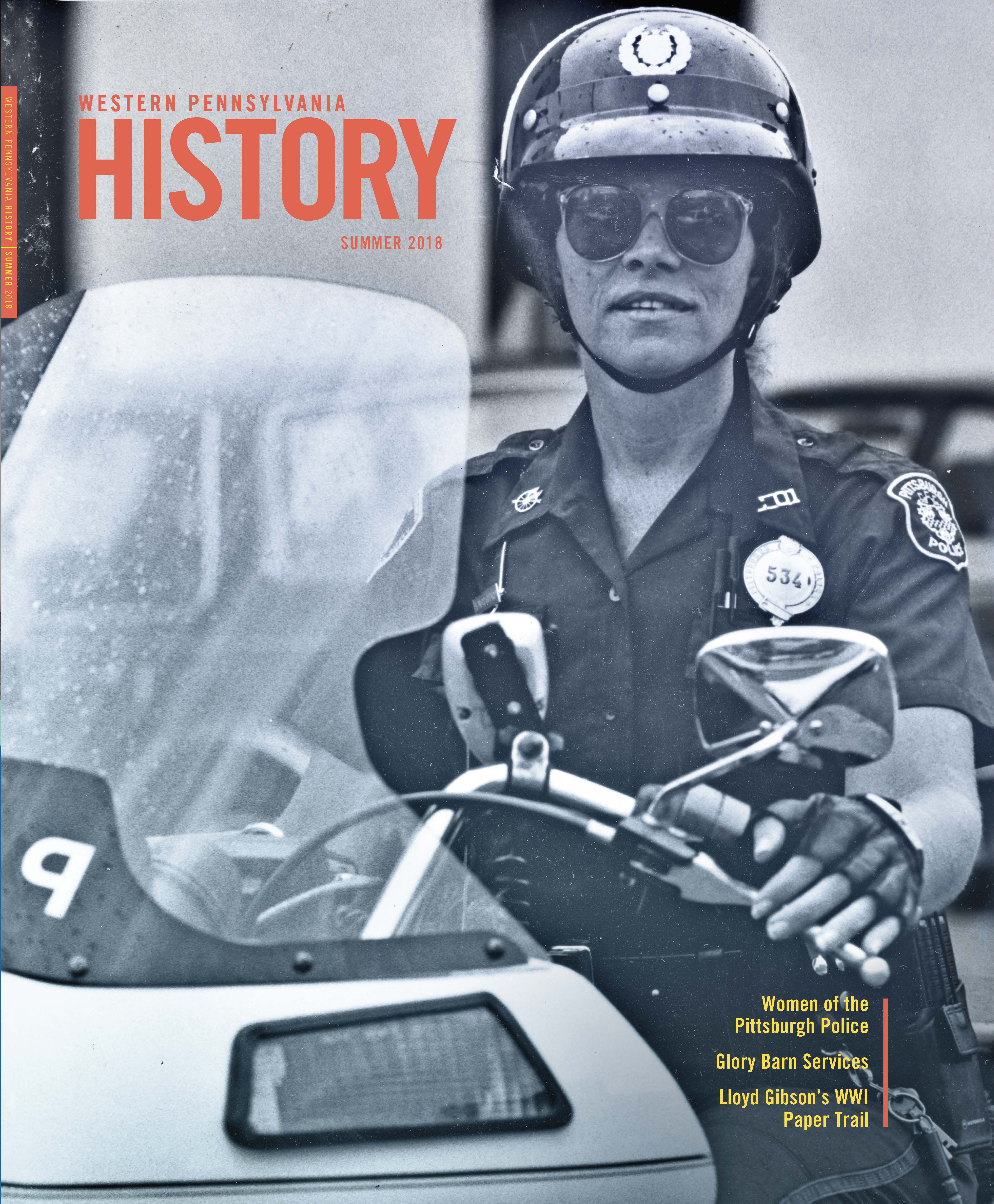Abstract
On a stretch of West Carson Street on Pittsburgh's South Side, residents seeking redemption in the late 1920s put their faith in a soldier-turned-evangelist who preached like a wild-eyed Old Testament prophet from a rough-hewn wooden building known as the "Glory Barn." "Hell's punishment exceeds all other punishments as there are no joys like the joys of heaven, so there is no pain like the pain of hell," warned John W. Sproul.
The evangelical movement in Pittsburgh in the early 20th century was a reaction to changes in society, culture, and science. The city was becoming an industrial power, and people drawn to preachers like Sproul found a deeply emotional experience through evangelism that they didn’t feel during mainstream religious ceremonies.
